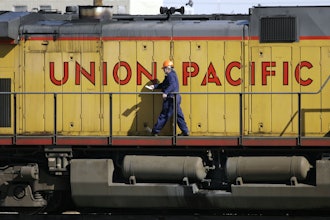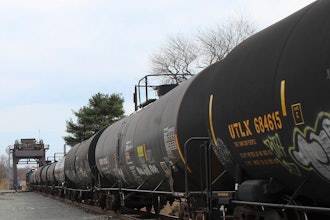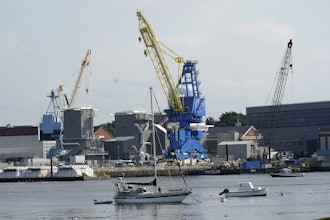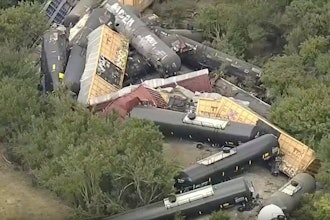
All eyes are focused on the situation unfolding between Russia and Ukraine. And this is particularly true when it comes to the supply chain and logistics industries.
The supply chain and logistics sectors have already dealt with numerous hurdles over the last 24 months. The unfortunate events in Ukraine are compounding the disruptions. With 200 million tons of transit potential, Ukraine is a central cog in the global supply chain. This means that even the smallest stumbling blocks in the region can have far-reaching impacts for the country’s trade partners – including the US – as well as companies that include Ukraine as part of their international supply chain. Thus, logistics and supply chain professionals must manage the crisis.
Here are three major aspects of the situation that supply chain and logistics professionals need to keep in mind as they navigate this challenging period.
Technology Learning Curve Means Resilience Setbacks
As the world tried to move beyond the COVID-19 pandemic and 2021 supply chain snarls, supply chain and logistics companies were confronted with a harsh – albeit longstanding – reality: their current processes and technology aren’t fit to tackle today’s needs. Many companies in the space began to embrace newer technology and strategies to become more agile and resilient. The problem is, while many companies have begun to integrate new tools into their workflows, others are still trying to get their feet under the table and thus have yet to tackle their resilience goals. While there was some hope that we would begin to see more agility in the supply chain in 2022, the crisis in Ukraine means those efforts will likely stagnate or even regress as organizations fall back on “what they know” in an effort to buoy themselves through this period.
Energy Restricts Margins
The crisis has focused global attention on the energy market, and the logistics industry will obviously be impacted by the current energy shortage. Due to lack of fuel in certain countries around the world – and the rising costs in others – the logistics industry must be more discerning about its routes, which shipments it accepts, and its overall shipping capacity. In addition, while carriers may be in high demand and can charge a premium, many are struggling to keep prices at a level that respects customer loyalty and delivers a margin over operations costs. And with price hikes likely to continue into the medium term, there will be a thorn in the side of the entire logistics and supply chain industry for at least the foreseeable future.
Navigating Product Availability and Capacity
Due to the current fluidity, it is virtually impossible for the logistics industry to forecast when shipments may arrive, what will be in them, and where they need to go. This means we will alternate between periods of low product availability and higher capacity, and high product availability and low capacity. This is a nightmare for logistics and freight procurement professionals who rely on predictability and consistency to manage their fleets and budgets. Therefore, even if they are relatively new to technology adoption, freight procurement professionals need to find a way to lean into smart technology, such as freight procurement automation, if they have any chance of navigating the fragmented supply chain landscape.
The Final Word
The Russia-Ukraine crisis presents a daunting challenge to logistics and supply-chain leaders, but by keeping these tenets in mind, logistics and supply chain professionals can keep essential supplies moving both into and out of the country as efficiently as possible.
 Oleg Yanchyk
Oleg Yanchyk






















